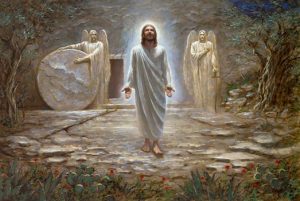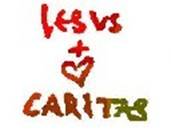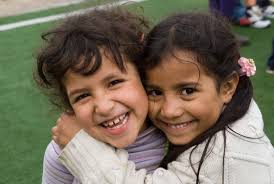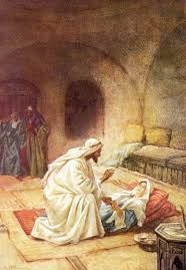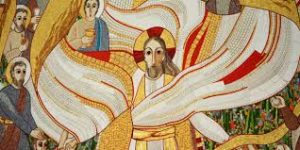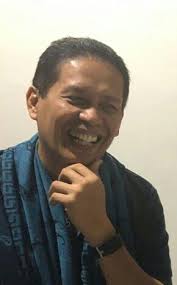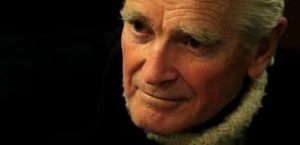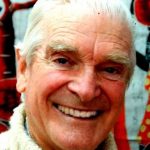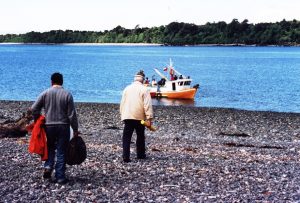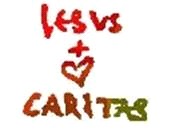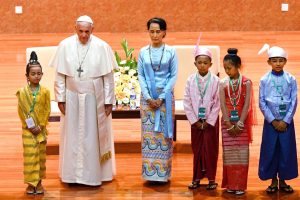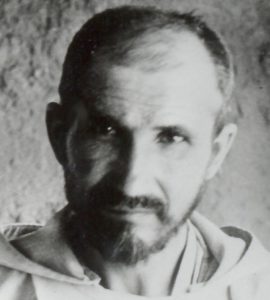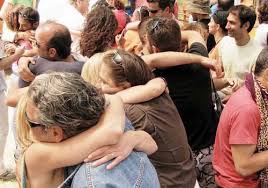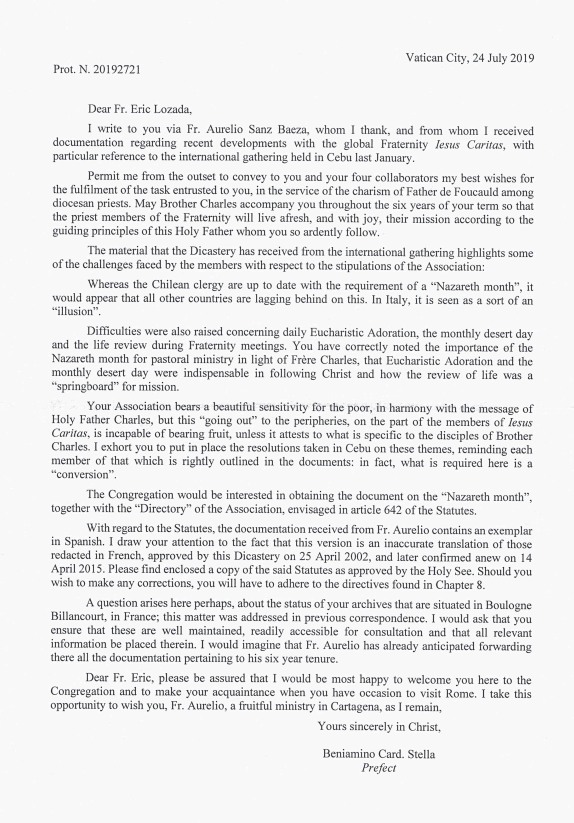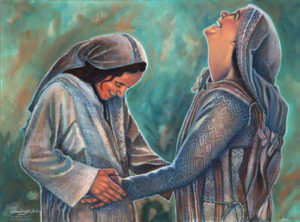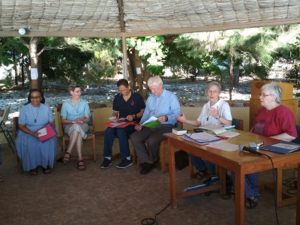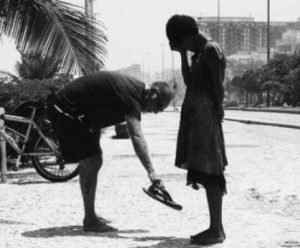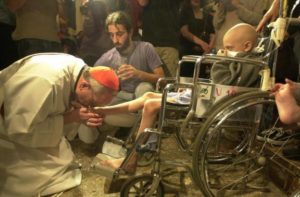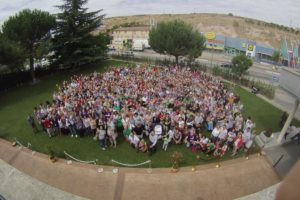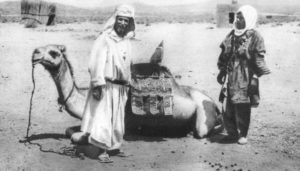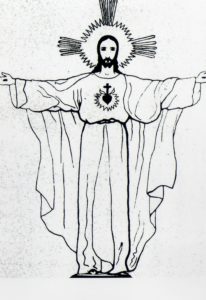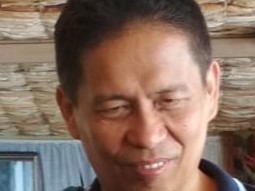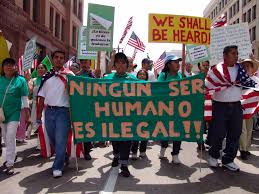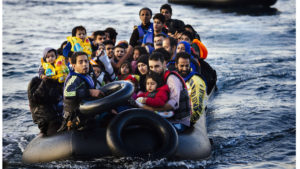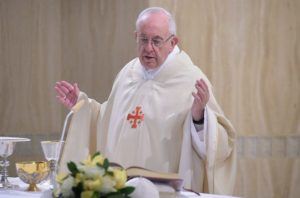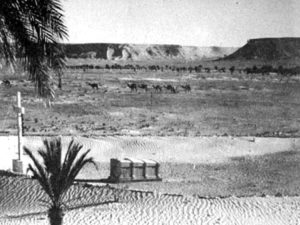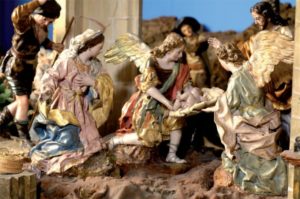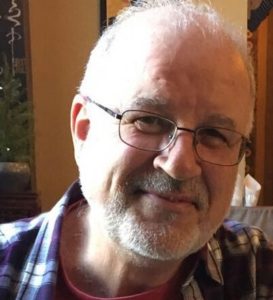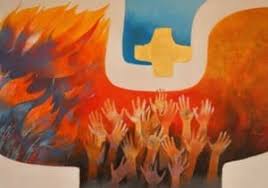 Come, Holy Spirit, send forth the heavenly radiance of your light! Come, Father of the poor; Come, Giver of gifts; Come, Light of the heart; Greatest Comforter, Sweet Guest of the soul… fill the inmost heart of Your faithful, cleanse that which is unclean; water that which is dry; heal that which is wounded; bend that which is inflexible; fire that which is chilled; correct what goes astray. (from Veni Sancti Spiritus)
Come, Holy Spirit, send forth the heavenly radiance of your light! Come, Father of the poor; Come, Giver of gifts; Come, Light of the heart; Greatest Comforter, Sweet Guest of the soul… fill the inmost heart of Your faithful, cleanse that which is unclean; water that which is dry; heal that which is wounded; bend that which is inflexible; fire that which is chilled; correct what goes astray. (from Veni Sancti Spiritus)
Beloved brothers,
this prayer to the Spirit, I pray with you with greater intimacy and focus. The corona virus is compelling us all to stop and take a long, evaluative look at what have happened locally and globally that has led us to where we are now in order that the Spirit may lead us to new creative paths. The pandemic is teaching us that our world needs renewal or else we are all going to perish. Our regard for every human person, systems operative in the family, neighborhood communities, schools, churches, religions, politics, economics, technology, social media, our care for Mother Earth, they all need to be re-grounded on more universal, inclusive, equitable, less judgmental, adversarial, principles in order for us to thrive anew as a civilization of love and life.
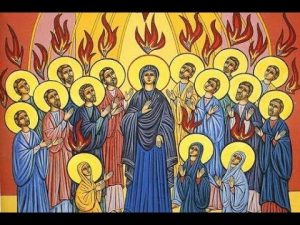 We welcome anew the Spirit at Pentecost but we somehow forget that the Spirit was here from the very beginning at Genesis. (cf. Genesis 1:2) The movement of the Spirit has always been to bring order from chaos, to give life, to lead us to all truth, to teach us everything that we need to know. (John 16:13) But the same Spirit blows wherever it wills and we cannot tell where it comes and where it goes. (John 3:8). Our theologizing, our calculated thinking and planning cannot predict nor inhibit the way of the Spirit. It always surprises us, expanding our vision and freeing our hearts more and more from all encumbrances so that we are free for God in our world. Just as we cannot see air, silence, the Holy Spirit renews our world in ways beyond our seeing. We simply have to be present to Presence in every moment.
We welcome anew the Spirit at Pentecost but we somehow forget that the Spirit was here from the very beginning at Genesis. (cf. Genesis 1:2) The movement of the Spirit has always been to bring order from chaos, to give life, to lead us to all truth, to teach us everything that we need to know. (John 16:13) But the same Spirit blows wherever it wills and we cannot tell where it comes and where it goes. (John 3:8). Our theologizing, our calculated thinking and planning cannot predict nor inhibit the way of the Spirit. It always surprises us, expanding our vision and freeing our hearts more and more from all encumbrances so that we are free for God in our world. Just as we cannot see air, silence, the Holy Spirit renews our world in ways beyond our seeing. We simply have to be present to Presence in every moment.
Our world including Mother Earth is in birth pangs about what is the future like after the pandemic. The great mystic Julian of Norwich, in his 13th Showing, says it, “All shall be well and all manner of things shall be well.” He explained this to mean, to be joyful in all circumstances, however adverse, for the reason that all things will ultimately be put right in Christ. We need to be careful about how to receive this message. Does this mean we simply fold our hands and leave everything to God? Is this some kind of soft theology that promises manna from heaven amidst our suffering?
 The pandemic is teaching us to hope. Hope is our capacity to entrust the future in the hands of a loving God. Hope is not something soft; it is a struggle to hope. We struggle because it seems that evil, tyranny, violence, fear, death is more dominant than goodness, peace, unity, love, life. God’s response to evil is hidden in the risen Christ. He never rescued his Son at the crucible of suffering but he eventually validated him with new life after he passed through helplessness, fear, violence, death. God will ultimately vindicate us and will show the world and all its systems how wrong it was in many ways. (cf. John 16:8) But we need to decide. In the face of evil and suffering, shall we allow our hearts to be dominated by fear, hopelessness, indifference, bitterness, anger, disappointment or shall we be more open, responsive, loving, forgiving, life-giving? The Spirit renews our world and all of creation in more patient, gentle and humble ways. We are invited not to stand in its way but to flow with the agenda of God for our world.
The pandemic is teaching us to hope. Hope is our capacity to entrust the future in the hands of a loving God. Hope is not something soft; it is a struggle to hope. We struggle because it seems that evil, tyranny, violence, fear, death is more dominant than goodness, peace, unity, love, life. God’s response to evil is hidden in the risen Christ. He never rescued his Son at the crucible of suffering but he eventually validated him with new life after he passed through helplessness, fear, violence, death. God will ultimately vindicate us and will show the world and all its systems how wrong it was in many ways. (cf. John 16:8) But we need to decide. In the face of evil and suffering, shall we allow our hearts to be dominated by fear, hopelessness, indifference, bitterness, anger, disappointment or shall we be more open, responsive, loving, forgiving, life-giving? The Spirit renews our world and all of creation in more patient, gentle and humble ways. We are invited not to stand in its way but to flow with the agenda of God for our world.
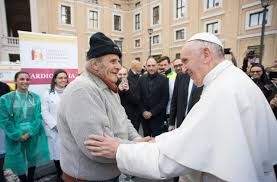 So, what is ours to do to? What are the possibilities and challenges that are being offered to us that we need to attend to with renewed courage and hope? Someone once said, “today we don’t need big men with little hearts but small men with big hearts for only the little and the small can pass through the eye of the needle.” Little acts of goodness done with extravagant and committed hearts. Our new normal today is an imperative to return to the basics of Gospel living, corporal and spiritual works of mercy. Our own Brother Charles has left us a spirituality – imitate Jesus in Nazareth, seek the last place, live simply, do apostolate of goodness one person at a time, be a brother and friend to every person regardless of color, creed, status, be close to the poor. Pope Francis is urging us to go to the peripheries, be harbingers of the joy of the gospel, safeguard minors and vulnerable adults, engage in on-going formation, protect Mother Earth our common home. We also need to go back with new enthusiasm to the basics of our spiritual practice – daily adoration, daily meditation of the Gospel, review of life, monthly day in the desert, fraternity meetings. We renew our fidelity to the practice not to perfect ourselves but to take greater responsibility for the gift and let its fruits flow to others infinitely until God is glorified in their own lives.
So, what is ours to do to? What are the possibilities and challenges that are being offered to us that we need to attend to with renewed courage and hope? Someone once said, “today we don’t need big men with little hearts but small men with big hearts for only the little and the small can pass through the eye of the needle.” Little acts of goodness done with extravagant and committed hearts. Our new normal today is an imperative to return to the basics of Gospel living, corporal and spiritual works of mercy. Our own Brother Charles has left us a spirituality – imitate Jesus in Nazareth, seek the last place, live simply, do apostolate of goodness one person at a time, be a brother and friend to every person regardless of color, creed, status, be close to the poor. Pope Francis is urging us to go to the peripheries, be harbingers of the joy of the gospel, safeguard minors and vulnerable adults, engage in on-going formation, protect Mother Earth our common home. We also need to go back with new enthusiasm to the basics of our spiritual practice – daily adoration, daily meditation of the Gospel, review of life, monthly day in the desert, fraternity meetings. We renew our fidelity to the practice not to perfect ourselves but to take greater responsibility for the gift and let its fruits flow to others infinitely until God is glorified in their own lives.
 Brothers, in this time of the pandemic, we receive a special gift from Mother Church – declaring Brother Charles a saint. Together with the other members of the spiritual family including those who have been inspired by Brother Charles but are not “canonized” members of the spiritual family, we thank the Spirit for this gift. We hope and pray that Brother Charles’s life, message, intuition, legacy may be made more available and be an inspiration to many people, as the Spirit wills. For ourselves too, we pray for greater resolve to witness in our lives and ministry what Brother Charles had lived for.
Brothers, in this time of the pandemic, we receive a special gift from Mother Church – declaring Brother Charles a saint. Together with the other members of the spiritual family including those who have been inspired by Brother Charles but are not “canonized” members of the spiritual family, we thank the Spirit for this gift. We hope and pray that Brother Charles’s life, message, intuition, legacy may be made more available and be an inspiration to many people, as the Spirit wills. For ourselves too, we pray for greater resolve to witness in our lives and ministry what Brother Charles had lived for.
I end my letter with the Collect at Mass today – “Father, sanctify your whole church in every people and nation and pour out the gifts of the Holy Spirit across the face of the earth.”
Thank you very much. We continue to hold each other and our world in prayer. Please pray for me also.
 Your brother and servant responsible,
Your brother and servant responsible,
Eric LOZADA
Philippines, 31 May 2020
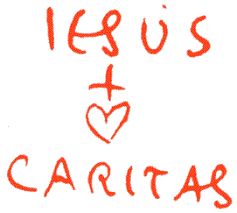 PDF: Pentecostal Letter from the general responsible to the brothers, Eric LOZADA, Pentec.2020, eng
PDF: Pentecostal Letter from the general responsible to the brothers, Eric LOZADA, Pentec.2020, eng



